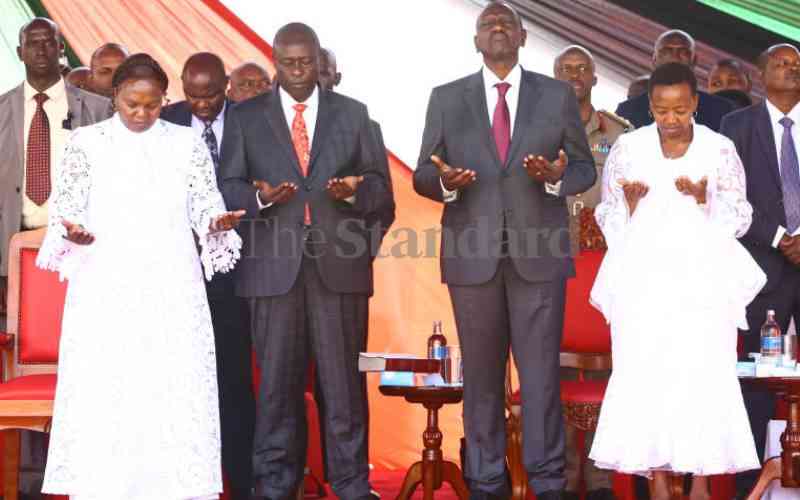×
The Standard e-Paper
Home To Bold Columnists

Three years since rain patterns became unpredictable and rains gave the Horn of Africa a wild berth, the expected is happening: Extreme heat, drought, rivers drying, livestock and wildlife dying, rain-fed agriculture becoming unreliable and water stress, even for those with boreholes.
Sources of livelihoods are lost. Several hunger-related diseases abound. Many children miss school, and soon inequality will be the conversation. People will turn to forests and other natural resources; life must continue.